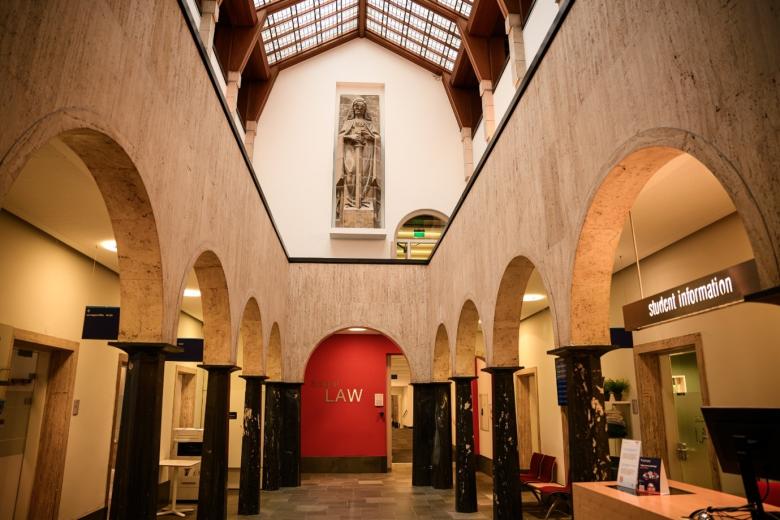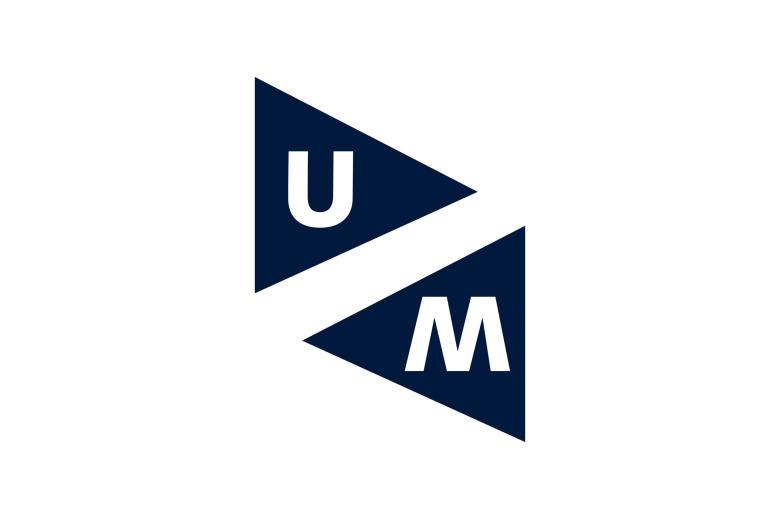Universities present self-regulation plan for international student enrolment
On Wednesday 16 April, Dutch universities will present their joint self-regulation plan (in Dutch) for internationalisation. This plan has been drawn up to prevent the Internationalisation in Balance legislative proposal and the associated Government Assessment of Foreign Language Education (TAO) from causing unnecessary damage. The universities are prepared to implement this self-regulation plan provided the government refrains from applying the TAO to all existing programmes.
In addition to this substantive counteroffer, the Dutch universities have recently organised a relay strike to voice their objections to the ill-advised government cuts. Even if the self-regulation plan is supported by the minister and the TAO is removed from existing programmes, the cuts will remain draconian. On Wednesday 16 April, this special relay will come to a close with a protest in Maastricht. The organisers of WOinactie UM, together with the university, hope for a vast turnout of staff, students and other stakeholders, to send a message to The Hague.
Customisation
The self-regulation plan ensures that Dutch-taught education programmes are increased, and that the influx of international bachelor's students at some major programmes is reduced. This creates space for international talent to access study programmes with major labour market shortages. In addition, shrinking and border regions are taken into account (something that our many partners in Limburg have wholeheartedly supported us in). For example, psychology bachelor’s programmes would be taught in Dutch in the Randstad, but would remain bilingual in border regions like ours. In addition, a quota - to be determined - would be set for the number of English-taught programmes in economics and business administration. The measures will result in a national decrease of the intake of international bachelor’s students by more than 11% compared to the reference year 2022-2023. The maximum would be set at 16,750 students.
UM-specific measures
UM has already announced that an enrolment quota will be introduced for the English-taught European Law School and that the English-taught medicine track will be discontinued as of 2026. In addition, work is in progress to adjust the numerus fixus for the Dutch- and English-taught bachelor's programmes in psychology, which should lead to a more balanced distribution of student numbers between the two language tracks. These UM measures are part of the joint package the Dutch universities have agreed on.
TAO undesirable and unnecessary
This package of measures fulfils the government's wishes and prevents the tremendous damage that the Internationalisation in Balance Act will cause to education, innovation and the economy. The government’s proposed act still provides for a TAO for all existing and new study programmes. This causes perpetual uncertainty about whether and for how long programmes can continue to be offered in English. UM is also very concerned about the administrative burden of such an assessment. For UM it is clear: with this clear self-regulation plan, the TAO can and must be scrapped for existing study programmes!
Stay rates and encouraging learning Dutch – the measures in detail
In addition to the targeted measures in the bachelor's programmes, the universities have made joint agreements to offer students and staff more opportunities to improve their Dutch language skills. Among other things, this increases the chance of graduates staying. To that end, universities are also investing in better career guidance and closer cooperation with potential employers in the Netherlands. UM has had, for some time, a language policy in place for staff that is in line with the agreements made in the self-regulation plan.
Attention and action are still needed
The presentation of the joint self-regulation plan by Dutch universities coincides with the day that the national relay strike passes through Maastricht. UM wholeheartedly supports this campaign. We have to make our voices heard against the cuts. With a decisive, well-attended day of protest on 16 April, we can let The Hague hear Maastricht’s voice!
Click here for the programme on Wednesday 16 April.
Also read
-
Working together to build a future-proof knowledge and innovation ecosystem in North Limburg
HAS green academy and Maastricht University signed a letter of intent on 12 June to strengthen their collaboration. An important step toward a long-term strategic partnership in Venlo. This collaboration will focus specifically on the Brightlands Campus Greenport Venlo and aims to combine strengths...

-
Maastricht Montesquieu Institute (MMI) to be discontinued as of 1 September 2025
MMI to be discontinued as of 1 September 2025; research continues elsewhere.

-
UM stands firm for academic freedom and international law
The world is going through turbulent times. The horrific violence in places like Gaza and Ukraine, as well as anti-academic trends in countries such as the United States, have also sparked discussion within our university community. These discussions range from the role universities should play in...
